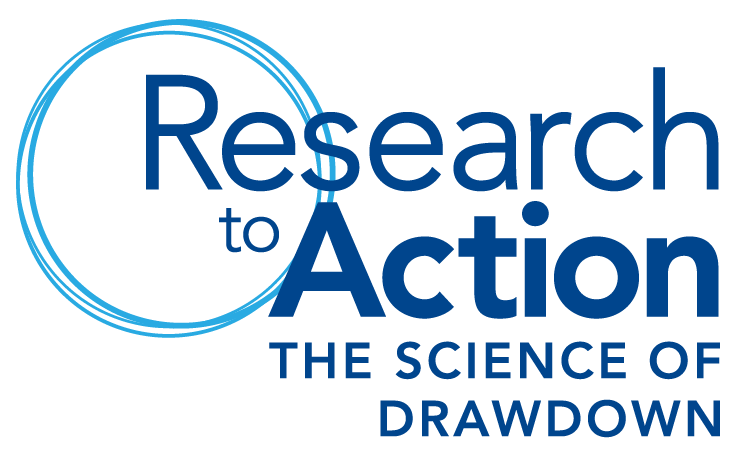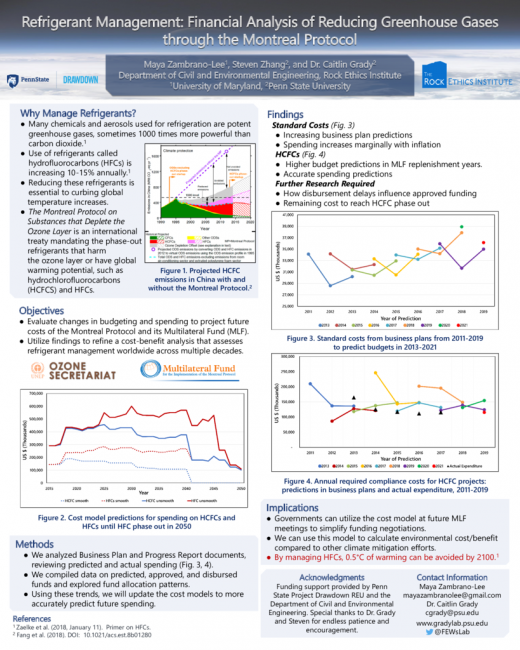The Montreal Protocol on Substances that Deplete the Ozone Layer is an international environmental treaty that has enabled an international reduction of ozone-depleting chemicals, such as hydrochlorofluorocarbons (HCFCs). However, this transition away from ozone depleting chemicals has led to the widespread use of hydrofluorocarbons (HFCs), notably for refrigeration and air conditioning. Many HCFC and HFC chemicals have 1,000 times the global warming potential of carbon dioxide. To curb further global warming, parties to the Montreal Protocol adopted the Kigali Amendment in 2016. This legally binding agreement will incrementally phase out HFC production and consumption over the coming decades while continuing to phase out HCFCs, contributing to Project Drawdown’s goal of sustainably managing refrigerants. Under the Montreal Protocol, wealthy countries including the United States are responsible for paying into the Multilateral Fund (MLF), which provides finances to countries in need of assistance for transitioning away from chemicals regulated by the treaty. The goals of this research are to investigate and determine future projected costs of the Montreal Protocol and its Multilateral Fund. To enable this goal, we analyzed MLF documents to update spending patterns and assumptions in a cost model to predict future costs. We have found a steady increase in standard costs of the MLF, inflated budget predictions during MLF replenishment years, and steady spending on HCFCs. We note the need for further research to overcome challenges associated with accurately predicting spending, such as delays in funding disbursements. Governments will be able to utilize this model to simplify annual funding negotiations at future meetings for the MLF. Using the refined cost model, we can also calculate the costs per environmental benefit, allowing for these actions to be compared to other climate mitigation efforts. By managing HFCs under the Kigali Amendment, up to 0.5°C of warming can be avoided by the end of the century.
Day
Monday Poster Session
Related Conference Themes
Materials & Waste


